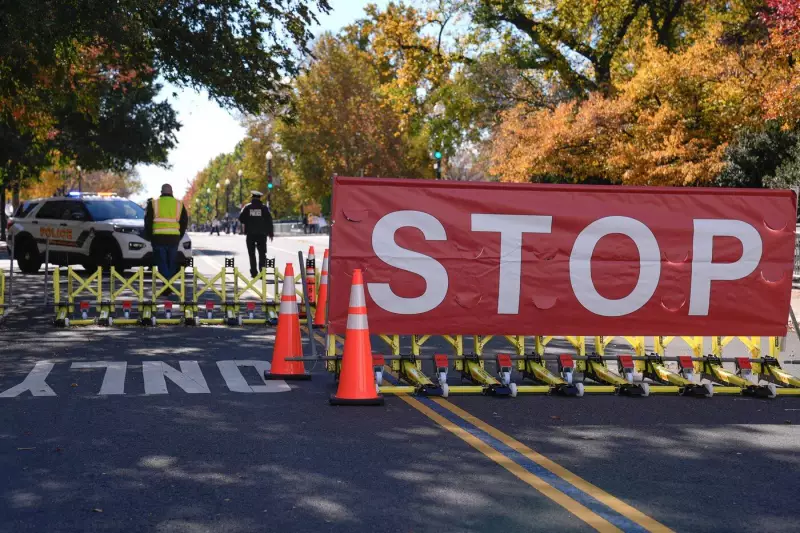
Democratic lawmakers are reportedly considering prolonging the ongoing U.S. government shutdown as Republican leaders introduce new spending legislation that has failed to gain bipartisan support. The political impasse has now reached its 36th day, creating widespread disruptions across federal services.
The Shutdown Standoff Intensifies
The roadway in front of the Supreme Court and U.S. Capitol remained closed to traffic on Wednesday, November 5, 2025, marking the 36th consecutive day of the government shutdown. The visual emptiness around these iconic Washington landmarks symbolizes the deepening political divide that has paralyzed the federal government.
Republican leadership has put forward several new spending bills in recent days, but Democratic officials have signaled they may reject these proposals and allow the shutdown to continue. The stalemate centers on fundamental disagreements over spending priorities and policy riders attached to the legislation.
Impact on Government Operations
The extended shutdown has affected numerous government agencies and services, though essential operations continue. Federal employees face ongoing uncertainty about their paychecks and work status, while citizens experience delays in various government services.
The November 5th closure marked one of the longest government shutdowns in recent U.S. history, approaching records set during previous administrations. Both parties have traded accusations about who bears responsibility for the prolonged disruption.
Political Implications and Next Steps
Political analysts suggest the extended shutdown could have significant consequences for both parties as they position themselves for upcoming elections. The Democratic strategy to potentially extend the shutdown reflects their assessment that public opinion may ultimately blame Republicans for the impasse.
Meanwhile, Republican leaders argue their proposed bills represent reasonable compromises and accuse Democrats of political posturing at the expense of government functionality. Neither side has shown signs of backing down from their core positions, suggesting the shutdown could continue for the foreseeable future.
The situation remains fluid, with negotiations expected to continue behind the scenes even as public rhetoric remains sharply divided. Congressional leaders from both parties have scheduled additional meetings to seek common ground, though previous attempts have yielded little progress.






